With regional repercussions.
With regional repercussions.
Ending 40 years of terror versus destroying the foundations of the republic – the opposing arguments in Türkiye’s current debate could not be further away.
At their core is a process that became public in October 2024, when the leader of the Nationalist Movement Party (MHP), Devlet Bahçeli proposed a ‘right to hope’ for Abdullah Öcalan, founder and leader of the PKK, imprisoned and convicted since 1999.
Later on, Bahçeli, coalition partner of President Erdoğan, went further and reached hands to the DEM Party, the political arm of the PKK. Erdoğan himself first reacted cautiously, then, later on, gave his approval to the process. Politicians and experts around him praised Bahçeli for his wisdom.
Beginning of 2025, Öcalan made a public call to the PKK to disarm and dissolve itself. The PKK held a congress, where the step was approved. In his text, Öcalan renounced the movement’s goals, such as the establishment of an independent Kurdistan or the goal of turning Türkiye into a federation.
The PKK congress echoed this position, though at the same time blaming the Turkish Republic to be the cause of the “Kurdish problem”. The congress statement went as war as to claim the Turkish republic, specifically during its founding and early years, had tried a genocide against the Kurds.
The PKK’s rejection of the Turkish Republic, as it was founded 102 years ago, was echoed by politicians close to the government, who since years had claimed the “100 years of exception” in the else glorious history of the country.
Beginning of July, 30 combatants of the PKK laid their arms in a ceremony in the north of Iraq, observed by politicians and journalists from Türkiye and elsewhere. Government voices praised the act as an important turnaround, while some opposition figures talked of a “barbecue show”.
Present at the ceremony was Beze Hozat, one of the PKK’s leading figures. Hozat is reported to be very critical of the process of “Türkiye without terror”, hence, her presence was interpreted as bowing to it. Contradicting that interpretation, in her statement, she demanded legal and constitutional reforms.
Parliamentary commission
The process continues practically with a parliamentarian commission to be established to support the process. Not much detail is known about its exact mission, but many argue that certain legal reforms, including a possibly amnesty to PKK members, will be discussed in this commission.
Behind the commission is also the shadow of a new constitution for Türkiye. Few details are known about its content, with parliament president Numan Kurtulmuş praising it will be a “civic, inclusive, democratic constitution that erases the remains of the coup d’etat of 1980”.
All in all, a fundamental process that gives way to conflicting evaluations and expectations, both inside Türkiye and the entire West Asia.
Ceyhun Bozkurt, expert on security policy and an investigative journalist, argues that Türkiye has won a victory not only over the PKK, but also over its main supporter, the United States and Israel.
“The PKK is a terrorist organization that started its activities in the 1970s, turned into armed actions in the 80s and also targeted unarmed people. Especially in the 90s and 1990s, the imperialist pole of the United States of America, as well as Israeli Zionism, opened itself up to the use of America within the framework of the Middle East plans. Since the 90s, Turkey has not actually fought against the PKK. In fact, he fought against imperialism and Zionism. Through the PKK. Because America armed, America trained and equipped. During the occupation of Iraq, it opened up to the organization, its aim was to weaken Turkey. As it is aimed at weakening other countries of the region. But at the same time, after Turkey repelled the July 15 coup d’état, in which it began to purge American and pro-American elements, the fight against the PKK began to open up a lot of space for itself.”
Cleaning up elements inside Türkiye that cooperated with the PKK, limiting the organization’s ability to gain new members and successful military operations inside north Iraq, the main base of the PKK, paved the wave to a military success over the terror organization, Bozkurt says.
PKK is defeated militarily
Retired Major-General Ahmet Yavuz agrees: “Especially after the drone operations, using UAVs, the PKK has seen it had no chance of any military success inside Türkiye.” Still, the PKK gained a position in the conflict he says.
“This is part of a struggle to gain and identity. They are trying to get a foothold in politics.”
Some government statements seem to prove him right. The DEM Party, the PKK’s political arm, was about to be prohibited by the constitutional court in the recent years – with Devlet Bahçeli being the utmost supporter of such a move. Its politicians were already treated as if they had a contagious illness, appearing in the same photo with them – let alone cooperating – seemed unthinkable. These days, they regularly meet with government officials, and oppositional ones too, as well as head of the national intelligence. After every meeting, both sides present an optimistic face and talk of constructive meetings.
First institutional and regular ground between the PKK’s political and the other parties will be the parliamentary commission.
“Some say there are between 2000 and 4500 remaining fighters in the ranks of the PKK. A lot of them are Turkish citizens. One of the jobs of the commission will be to prepare and idea on how to deal with these”, says Bozkurt. “There are those who demand an amnesty for them. Others propose an investigation, but a kind of waiver for those who did not participate personally in terror attacks. Then there are issues of reintegration into the society. Need to support that psychologically, socially. These will be some topics in the commission.”
Opposition between rejection and distance
The commission is expected to be established in the coming week. Parliament president Kurtulmuş already invited all political parties in the parliament to name their representatives. But some already rejected, while others keep a distance.
The Good Party, in opposition with 29 members in the 600-seats-parliament, has outright rejected to take part. The Republican People’s Party (CHP), main oppositional force, has declared a “conditional support”. A number of its mayors, among them those of the metropolitan cities of Istanbul, Adana, Antalya, are detained, accused of corruption and misuse of funds and cooperating with the terror organization PKK. The CHP says it will only support and “overall democratization” of Türkiye that “does not serve party interests of Erdoğan”. Practically, the party demands its members, including Ekrem Imamoglu, its Istanbul Mayor and presidential candidate, should be trialed while in liberty.
What the CHP outright rejects are plans for a new constitution. It accuses the government of not complying with the existing one, claims that President Erdoğan only needs a new constitution for a reelection (the current constitution only allows two terms – Erdoğan could get a second term with snap elections.)
Though the government rejects any bargaining with the PKK, the simultaneous advance of Türkiye free of terror, the PKK’s demands for constitutional reforms, and overlaps of content indicate the connection.
Number of red lines
The government says there are a number of red lines: No discussion about the unitary system of the state, no discussion about the definition of citizenship, Turkish as official language.
Öcalan, though, had stated that Kurds “had gained status”, when calling to lay down arms.
Bozkurt says their political arm will be able to present all ideas of reform, free of the shadow of terror. “With the PKK ceasing to exist, the DEM Party will gain truly the character of political party. It’s proposals will be one of a political party, not of a terror organization.”
But there is an ongoing change in political language, emphasizes Barış Doster, political scientist from the Marmara University.
The shadow of a new constitution
“Our definition of nation resembles the French one, not the German one, and was formulated by Mustafa Kemal Atatürk himself: ‘The People of Türkiye that has founded the republic is called the Turkish nation’. This definition of the nation is not based on race or ethnicity. Turkish here is the overall identity, above ethnic identities, defined by republican sprit. But in the past 30 years, both liberals and Islamists have worked on turning it into just a label for an ethnic group, with ‘Turks’ becoming is one of the 36 different ethnic groups in the country.”
Former member of parliament and also political scientist Birgül Ayman Güler says the new constitution project is one from past times. “This talk of inclusion belongs to the globalists of the 90s. Those who propose it want different identities of ethnic groups, marginalized groups to see themselves in the constitution.”
Amidst uncertainty, Devlet Bahçeli spiked a new debate. His statement was first leaked, but then confirmed officially. Bahçeli proposed that in future, one of the Vice-presidents should be a Kurd, the other Alawi, by quota. Clear contradiction to the current constitution that only knows of Turkish citizens, with many criticizing Bahçeli for a ‘Libanization’ of the country.
Güler agrees and sees the many foundations of the republic threatened. Osman Paksüt, former vice-president of the Constitutional court supports the argument and also rejects the government’s claim to get rid of the 1980 military constitution, as most parts of it had already changed during the years.
This includes the constitutional reform that included that change of government system, from a parliamentary one to a presidential system.
Most radical statement comes from retired general Yavuz, who says “this is a step taken from the unitary system of the republic of Türkiye towards a federational system”.
The US shadow over Türkiye, Syria and Iran
Yavuz also doubts the disarmament of the PKK. The PKK is the Turkish branch of the Confederation of the Societies of Kurdistan, KCK, parental organization, founded also by Ocalan, that also has branches in Iran, Iraq and Syria. Yavuz says PKK members simply will transfer to Syria and Iran, and observes a bigger play at stage.
“The United States faces Russia and China in the Middle east as competitors. Iran is a link in this chain of alliance. They want to disrupt that. They will try to use the Kurdish organizations against Iran.”
This is the reason why the PYD in Syria and PJAK in Iran already rejected to disarm, says Yavuz. The Turkish process advances with a bargaining process in Syria, where the PYD-dominated Syrian Democratic Forces negotiate with the central government their future status. Yavuz says the US tries to get Türkiye and Israel into the same boat, with this disarmament process.
The Turkish government follows closely the negotiation between SDF and Damascus. Turkish foreign minister Fidan warned the DSF “not to take advantage”, when in Syria’s south clashes erupted recently. He added that Türkiye would consider “any armed attempt to autonomy a threat and intervene”. Turkish ministry of defense then reported that Damascus had officially asked for security assistance.
President Erdoğan himself had talked about a Turkish-Kurdish-Arab alliance being established, following the PKK ceremony in Iraq. Bahçeli criticized the PYD to hesitate in disarmament.
Meanwhile, inside Türkiye, the process gears up. The MHP has announced to make public meetings to explain the process. The Good Party, founded by former members of the MHP, announced to held public demonstrations against the process.
The Turkish government says the process of eliminating terror will not only benefit Türkiye, but the entire region, but warns of possible provocations.
Türkiye’s past has witnessed several attempts to come to political terms with the PKK. The most recent one failed in 2015. Those who criticize the process emphasize that Ankara made a huge mistake by supporting the fall of the Assad Government in Syria. Today, it seems that debates in Ankara will shape the future, not only of Türkiye, but of Syria as well.







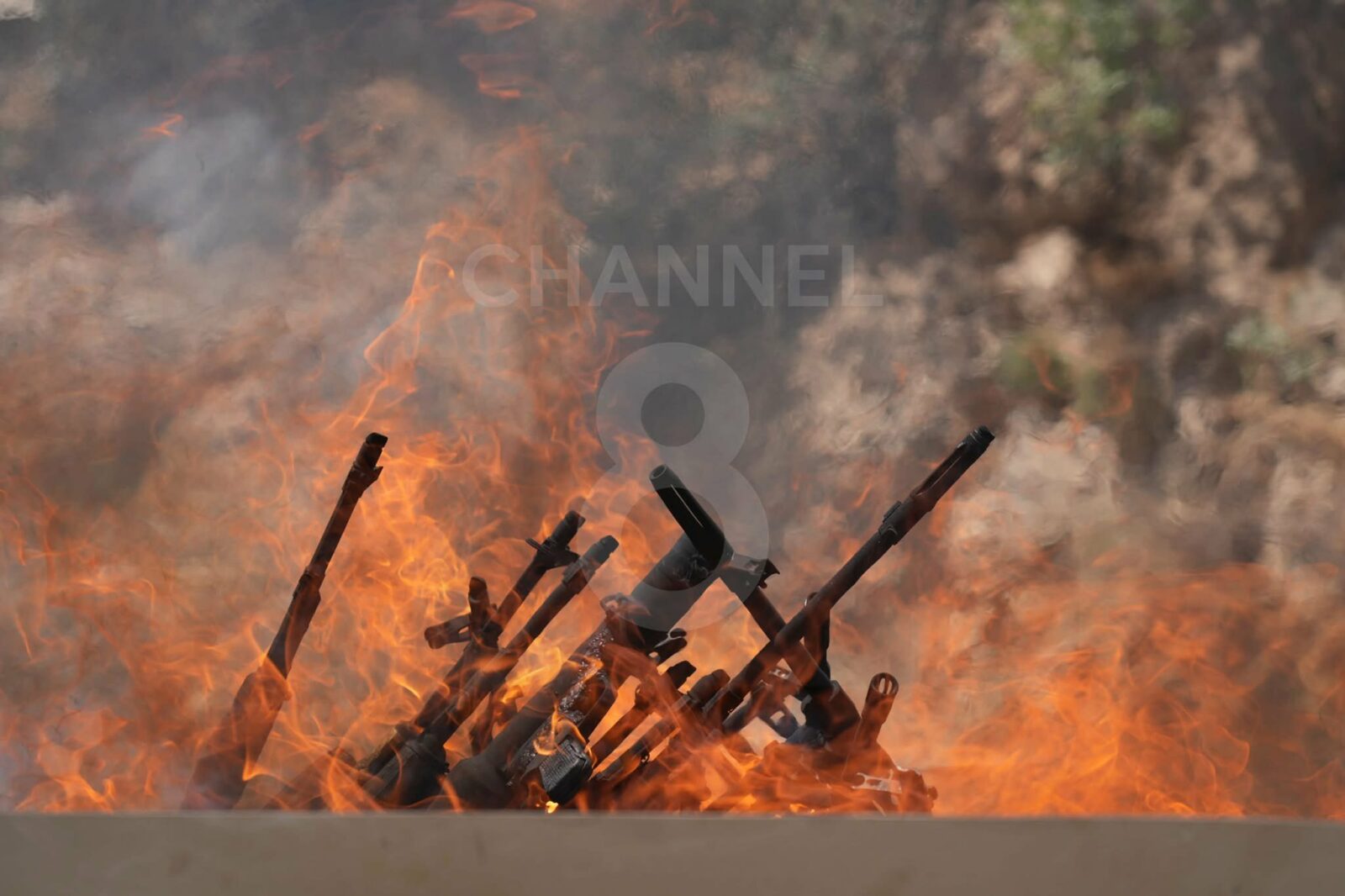
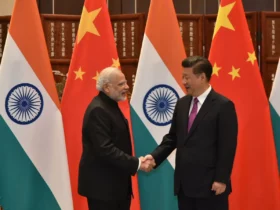
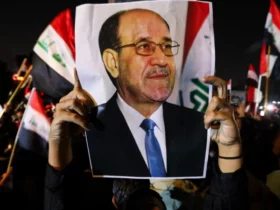
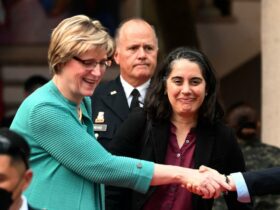
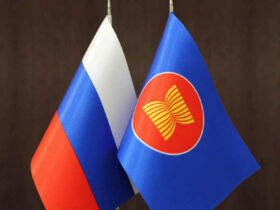
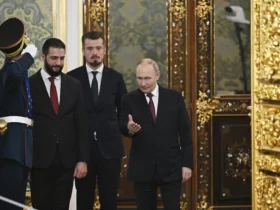
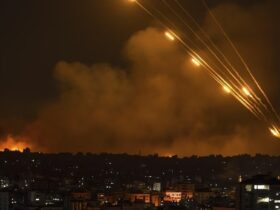
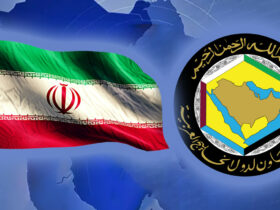
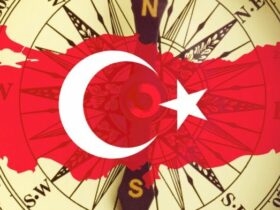

Leave a Reply